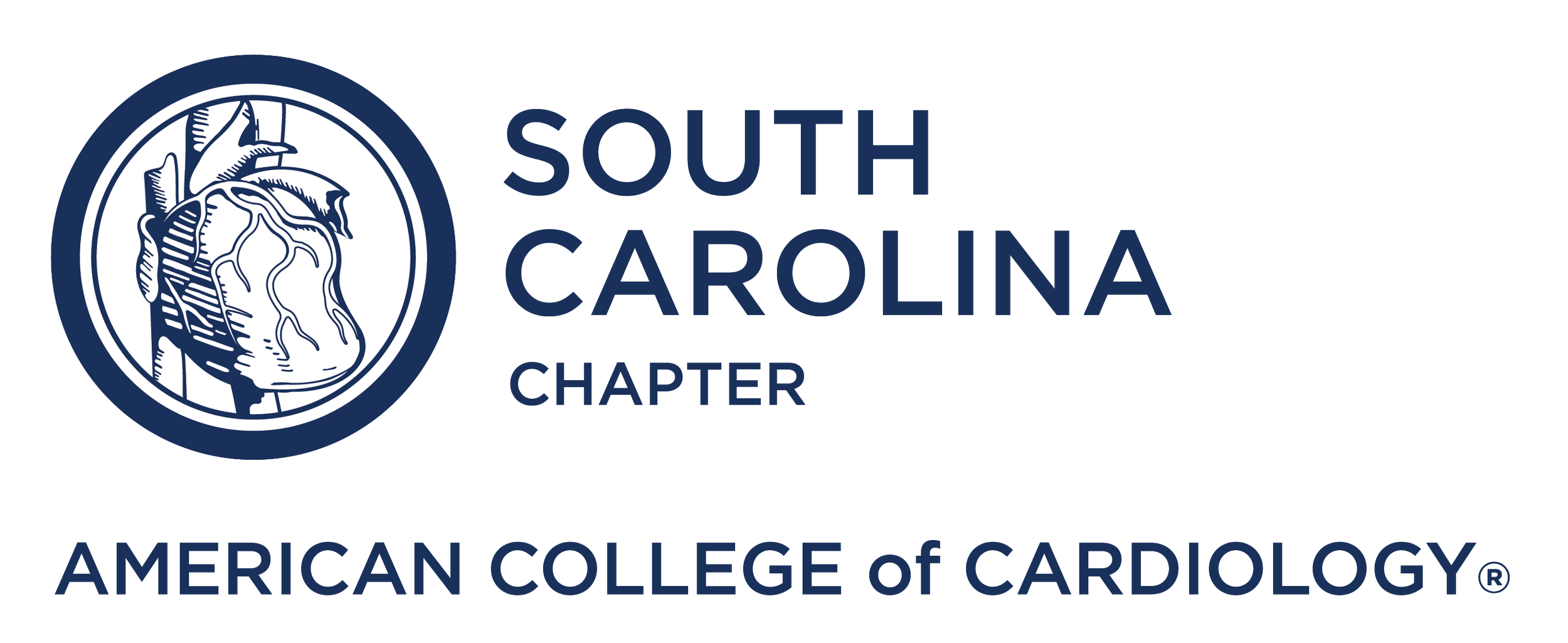Complex Congenital Heart Defect Patient Communication Tool
The SC Chapter awarded a grant for the project, “Children’s Heart Program of South Carolina" in 2013. The Chapter felt the project will greatly increase communication between cardiologists, providers and patients and be a great benefit to South Carolina patients. Learn about the outcomes and results below.
The Children’s Heart Program of South Carolina is a statewide network of pediatric cardiology providers offering comprehensive care to all children in South Carolina and surrounding regions. The mission of this program is to provide the best possible coordinated care to patients with complex congenital heart disease.
Primary Heart Program locations include Charleston, Columbia, Greenville and Florence, with outreach clinics in Anderson, Spartanburg, Murrells Inlet, Beaufort and North Charleston. The Children’s Heart Center at MUSC serves as the only location for invasive procedures in the state, including pediatric heart catheterizations and surgeries. Patients with complex congenital heart disease require accurate and effective communication among providers.
This patient communication tool was inspired by an adult patient with complex single ventricle anatomy who presented to an outside emergency department with symptoms of septic shock. She had significant hypotension with her blood pressure being monitored in her right arm. However, with her complex anatomy and history of previous cardiac surgeries, the blood supply to her right arm was compromised and should never have been used to monitor blood pressure. She was given excessive IV fluids for resuscitation and as a result, developed severe heart failure requiring a lengthy admission in the ICU. Perhaps if the clinicians were aware of her cardiac anatomy and medical history, this could have been prevented.
The communication tool provides a personalized binder with a diagram of the patient’s heart anatomy and clearly defined baseline vital signs. A medication record, infant feeding plan, list of primary care and specialty providers and important medical history details are all included in the binder. We encourage patients and their parents to have this binder with them for routine clinic visits and emergency department visits.
While the efficacy of this tool is difficult to measure, we feel confident that providing a concise and accurate medical history resource to our patients allows clinicians to better understand their complex heart disease and treat them appropriately. We hope to continue supplying this valuable resource to our congenital heart patients.
Click here to view the table which provide a brief description of the complex congenital heart disease and address of patients who have been provided with the Patient Communication Tool.

